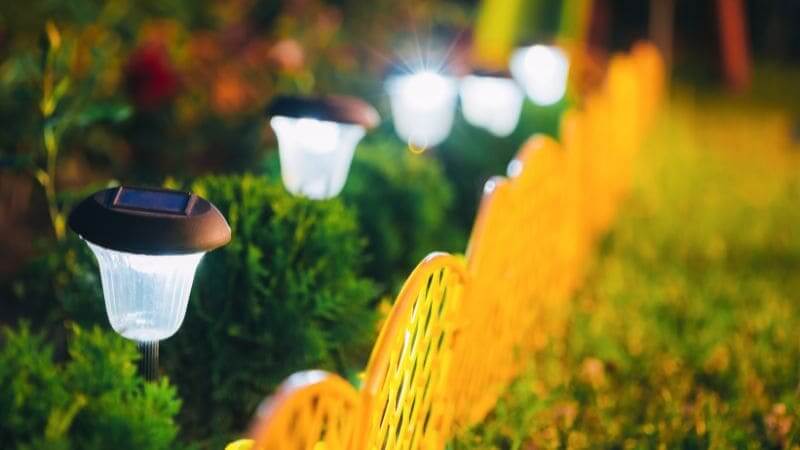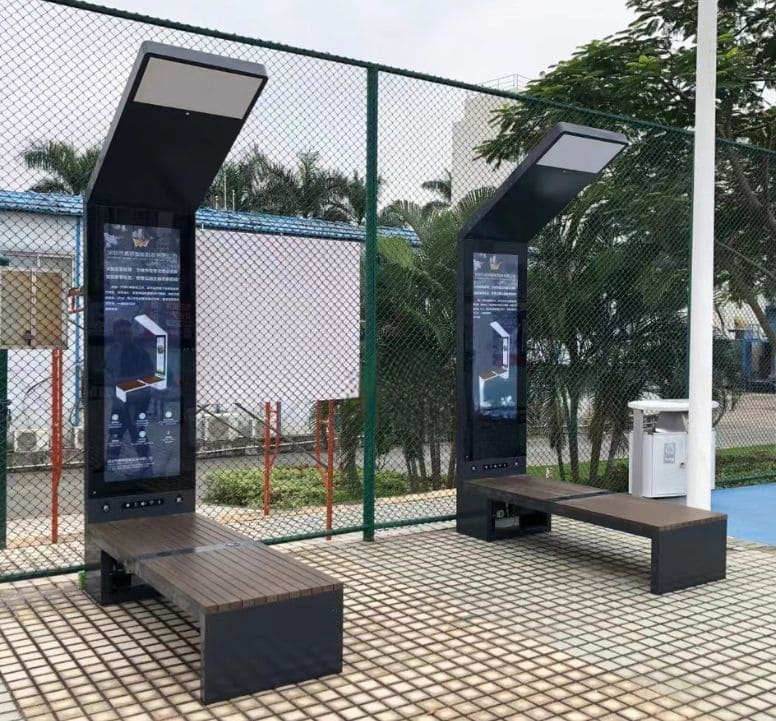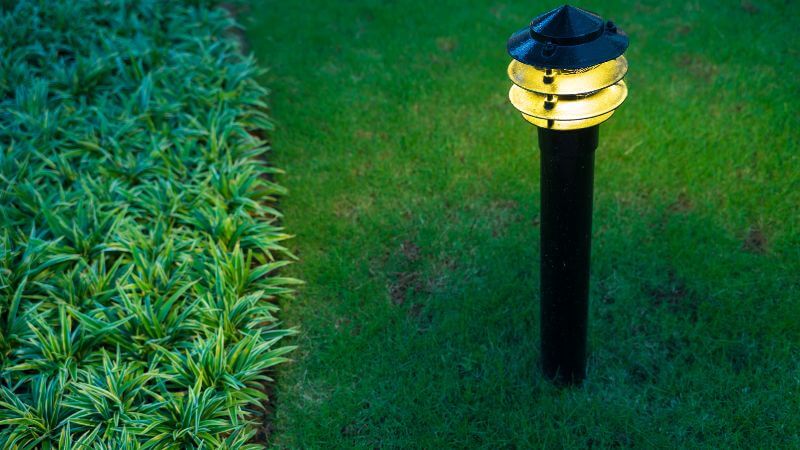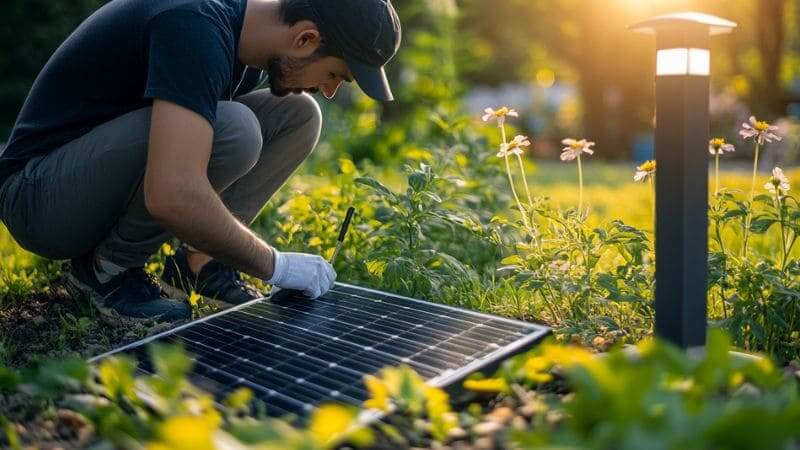Frustrated with your garden lights dying earlier than they should? Solar garden lights could be the answer! They offer a cost-effective, environmentally friendly way to light up your outdoor space, but how long do they actually last?
Generally, solar garden lights can last between 5 to about 8 years or more depending on quality who produced them, what kind of components and materials are used in production as well exposure to sunlight. In fact, it can be a matter of years if done correctly including proper upkeep and location.
In this article, we will explore how long solar lights last and what can you do to make them stay longer.
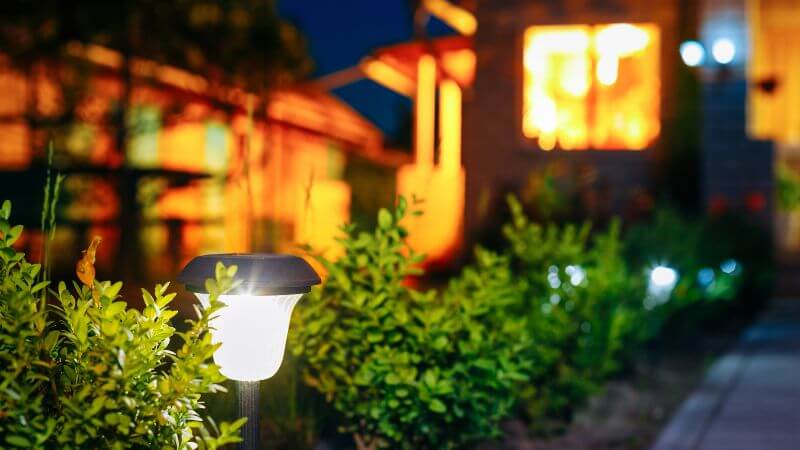
Do Outdoor Solar Lights Work Best?
The performance of your solar lights, you may ask — do they work nicely in your outdoor? You have already known that energy of the sunshine is absorbed by solar cells built into all types of today’s modern lighting fixtures. The battery stores it and the lights can shine for hours after dark not sucking on an outlet. One of the best things is that solar lights are designed by weather withstand, making them ideal for outdoor use year-round.
They would automatically turn on at night and light up throughout your garden, patio or driveway. Advanced models shine on nightly for several hours each officiate and mostly perform best when positioned in direct sunshine locations.
Outdoor lights do not use electricity and makes it eco-friendly as well as also the pocket-friendly way to light up any outdoor area. As long as you maintain your tires and take care of them, they will perform inside all kinds of general weather states.
How Long Do Solar Garden Lights Last?
General Lifespan of Solar Lights Expectations
Solar fixtures with longer lifespan, they may last from 5 to 8 years, but this can be affected by several factors. While cheap solar-powered lamp only have a lifespan of 1-2 years, high-quality solar lights with long-lasting LED bulbs and an high-efficiency sollar panel, encased in durable die-cast aluminum materials outperform, which can last much longer than cheaper alternatives.
The lifetime of your solar outdoor lights can be affected by several factors, including:
Material quality
Die-cast aluminum or stainless steel are more durable and have a longer life, even in tough weather conditions.
Battery Lifespan
The rechargeable battery within the solar light fixture need to be replaced after 4-5 years.
Weather
Your outdoor solar lights may not be on top performance if your lamp receive less light due to a climate condition, or by any other reason.
Buying more expensive solar landscape fixtures will allow you to attach them and forget about it for many years of reliable, consistent performance.
What To Consider While Planning For Solar Garden Illuminate Lifespan?
Quality of Solar Lights
No two solar lamps are the same. They are higher quality, using nice components — better solar panels (maybe polycrystalline or monocrystal instead of amorphous), long-lasting LED bulbs and tough housings made from die-cast aluminum or stainless steel. These are the things that really changes how many years your outdoor solar lights will last.

Quality solar panels capture more energy and keep doing so longer.
LED Bulbs
While they are known for their efficiency and long lasting life ranging from five to eight years.
Housings that can take a beating
Options like die-cast aluminum and stainless steel are rustproof to help keep the lamps working for as long as possible.
Exposure to Sunlight
It is to remember that solar driveway lights need receive enough sunshine so they could fully charged their battery. In shaded areas, they will not function effectively and their batteries may fail to charge entirely.
Optimized charging
Position your solar landscape lamps where they can absorb as much unfiltered sunshine throughout the day for best everyday charge.
Shady Spots
These can result in undercharged batteries that may cause your lights to dim or go out before expected.
Frequency of Use
Additionally, the frequency with which you utilize your solar fixtures also factors into the longevity of them. For your lamps to hold the longest battery lifespan, they should not be left on every single night or if there are brightness setting that could make them last longer.
The more often they run the battery, then ones that are used as night lights (else to indicate charging), will need replacing soon.
Proper application
Dimming the lights or setting them to automatically shut off after a certain time can drastically improve battery longevity.
How to Solar Lights are Expected to Last?
Battery Life
Most outdoor solar illuminate longevity is about 4 –5 years of Battery lifespan. Rechargeable 3.7V 4H These are the batteries that store solar energy throughout the day to power your lights at night. When the batteries start to fade, they need to be replaced with exactly that kind of battery so your lamps will perform their best.
Battery replacement
These are simple to buy and very affordable besides. Changing them when they start to lose performance will increase the life of your lamps.
LED Light Source
These light-emitting diode bulbs last up to 8 years. This makes them an essential part of durable solar fixtures. LEDs draw less power and are brighter than incandescent bulbs, which means the battery gets a break.
Solar Panels (Photovoltaic Arrays)
The solar panel efficiency is one of the biggest factors in how long your lamps will last. Good-quality solar panels can last up to 15 years, but their efficiency will slowly degrade over time. On average, solar panels lose about 1% efficiency per year.
Panel degradation
Solar panels gradually lose some of their ability to capture energy over time, though better-quality solar panels will maintain a higher percentage of their maximum efficiency before beginning to break down significantly faster.
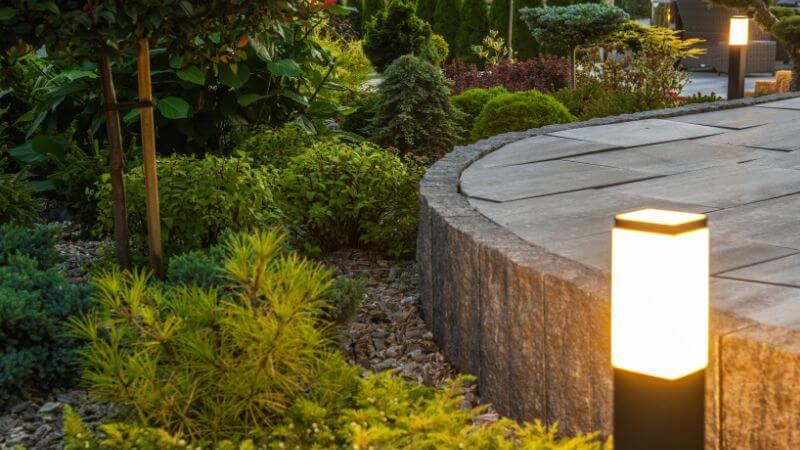
How to Make Your Solar Garden Lights Live Longer
Clean the Solar Panel Surface
Solar panels are dependent on sunlight, but dirt, dust, debris can obstructing the sun rays reducing its efficiency. The more receive enough sunlight can capture the better, so by keeping your panels clean you will guarantee that your using as much of this energy source as possible.
The benefit of regular cleaning is that you are able to effectively wipe down your solar panels with a bit wet cloth every 6 months can help reduce the amount of dirt built up.
Install Solar Lights in Unobstructed Area
Ensure place your solar pathway lights where they receive the most amount of sunlight. DO NOT install them under trees, or next to tall buildings (they cast shadows for the majority of each day) etc.
No shade keeps the batteries topped up longer and lights on for as long into night as possible (direct sunlight).
Ensure Proper Settings
One of the best outdoor lighting is capable changing brightness and timing in many solar fixtures. This not only conserves energy but also helps the batteries to last a longer as we all know that one of the biggest attractions with solar powered lamps is their ability to remain on for hours after they have been fully charged throughout the daytime.
As such, there are a few important energy saving modes: Dimmer settings can help to preserve the charge of your battery when you use it for longer into those shorter winter days and automatic motion sensors mean that lights only need to be at full brightness when someone is nearby.
Safeguard the Panels
If there is only light snow, rain or drizzle, the solar fixtures don’t need to be protected in any other way, but if big clouds of humidity and /or heavy winds are coming then you can always cover them with something warmer than a plastic disc on top.
Weather protection: Solar components are affected by extreme weather, so provide sufficient shelter whenever possible or invest in models that have built-in safeguards.
Turn Off the Solar Light to Save Energy
But when the lamps aren’t required — say during a long band of cloudy weather, you may want to keep them off for preserving battery life. This is particularly handy at times when the sun has gone into hiding or during winters.
Replace Worn-Out Batteries
If you have a power indicator block and the lamps are starting to get dim or flickering, then it is time to change them out. Ensure you use the correct battery type and follow the manufacturer’s recommendations to keep your illumination working properly.
Battery care
This is a great maintanence tip, always putting in fresh full charged batteries will help to keep your lamps running as long possible.
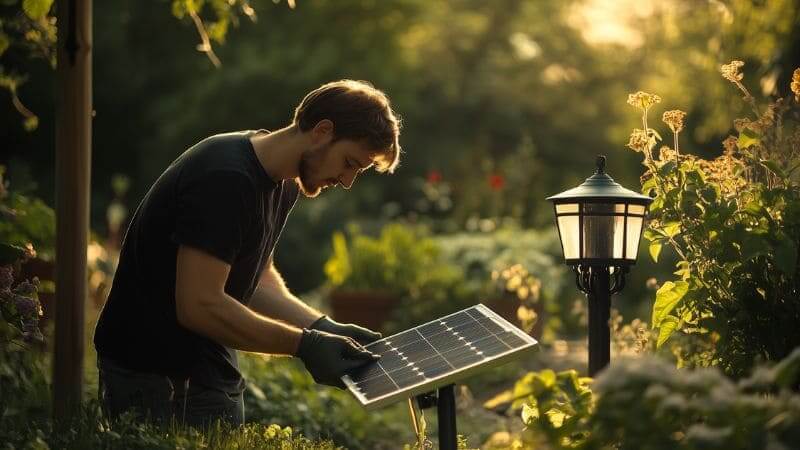
Favorite Problems Limiting the Lifespan of a Solar Light
Solar Lights Not Staying On Long?
Small solar lights not staying on for too long? It is likely they are not getting enough light during the day or batteries starting to get poor. This issue can be solved by cleaning the panels as well changing old batteries.
Why do solar lights only last a few months?
Solar lights fail faster than they should, however it could be due to extreme weather or a poorly made product and the maintenance of them. By this way you can invest in some available lights for very long time and give a regular maintenance to make them any smart light.
Are Solar Lights Worth it and How Long Do They Stay Charged?
Most solar lights will stay on 6 to 10 hours if they are fully charged. Note: This will vary depending on how much the lights were in direct sunlight that day and at what charge level your battery was up to.
FAQs About Solar Garden Light Longevity
How Often Should Solar Lights Be Replaced?
You should replace your outdoor solar lightsevery 5 to 8 years, depending on the condition of the batteries, LEDs, and solar panels.
How Can I Extend the Life of My Solar Lights?
Regularly clean the photovoltaic panels, position the lights in sunny spots, and replace batteries when needed to extend the lifespan of your lights.
Solar Lights Can Last Through the Winter?
Yes, but you should ensure they receive adequate sunlight and protect them from extreme weather conditions to maintain their performance during colder months.
What Should I Do If My Solar Lights Stop Working?
Check the batteries, clean the photovoltaic panels, and ensure the wiring is intact. Most issues can be fixed by simply replacing the batteries or cleaning the panels.
Conclusion
By following proper care and maintenance practices, solar garden lights can offer reliable, long-lasting illumination for your outdoor space. Their typical lifespan of 5 to 8 years can easily be extended with the right attention, making them a sustainable, low-maintenance lighting solution for any garden.

